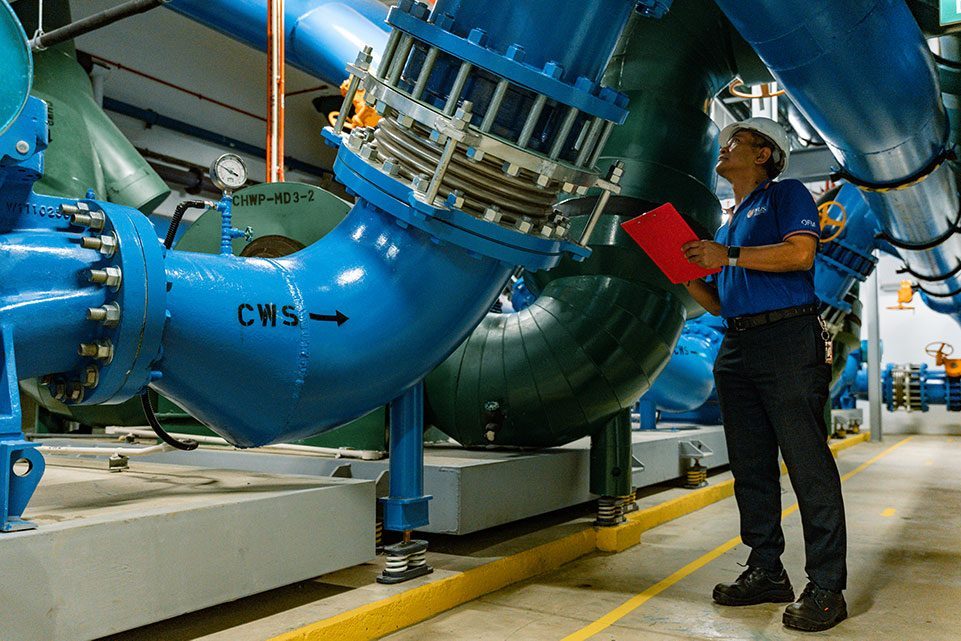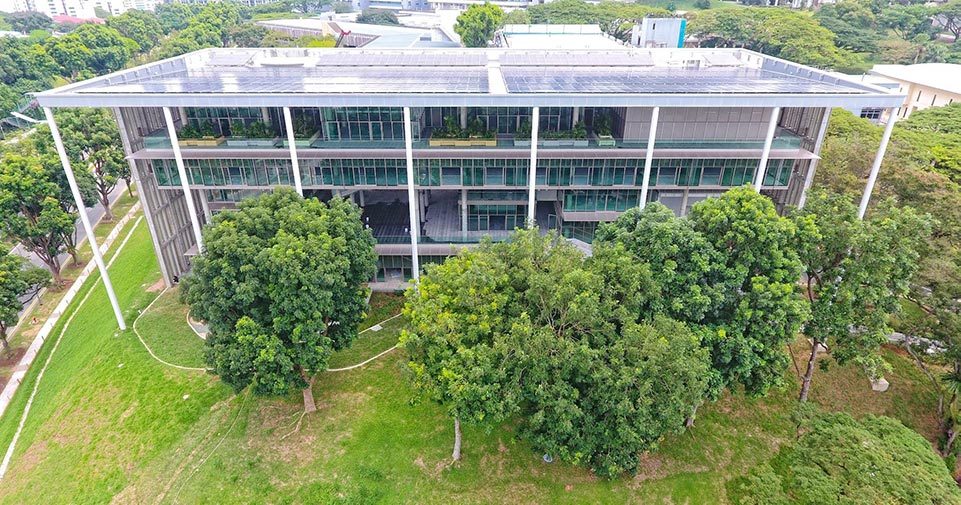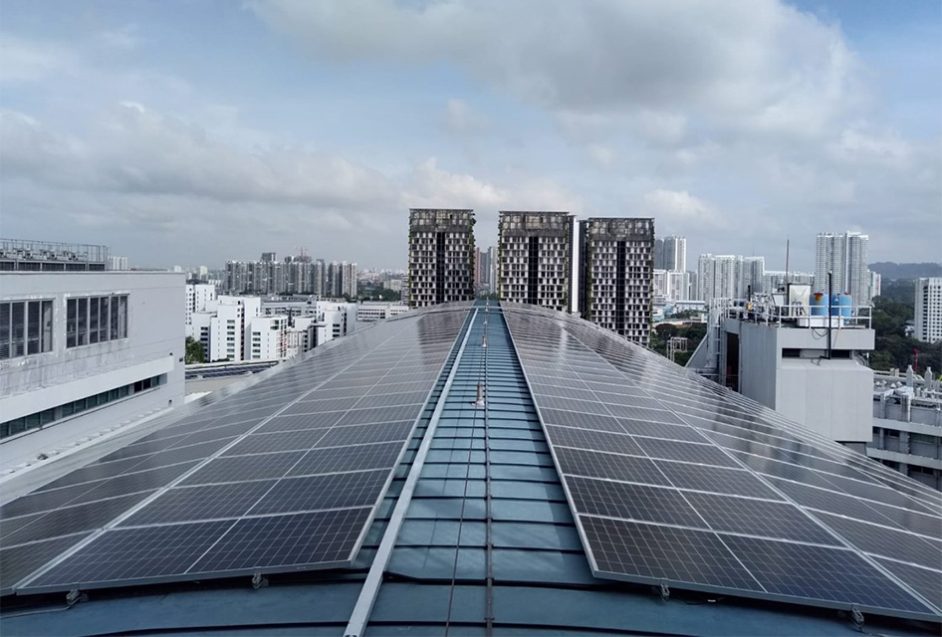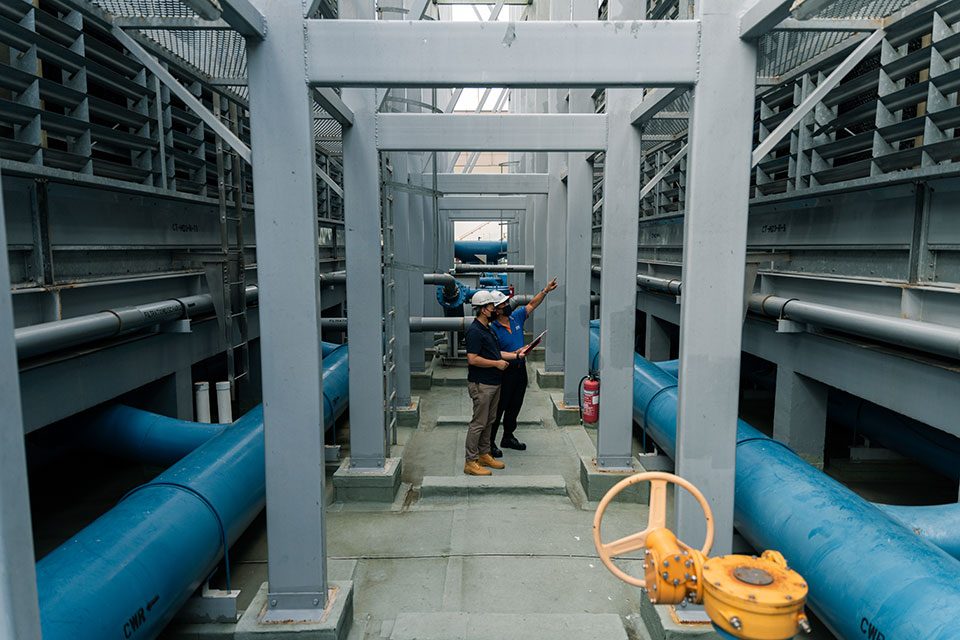The NUS Sustainability Strategic Plan 2017-2020 identifies the University’s key environmental impact areas in campus operations, and sets out the sustainability goals to be reached by FY2020. Our achievements thus far are outlined in the NUS Sustainability Highlights 2019.
In a two-part special, we will be highlighting some of the key strategies and major initiatives undertaken by the five NUS Sustainability Steering Committee Task Forces over the last four years. In this first installment, read about the work of the Energy, Built Environment and Water Management Task Forces.






